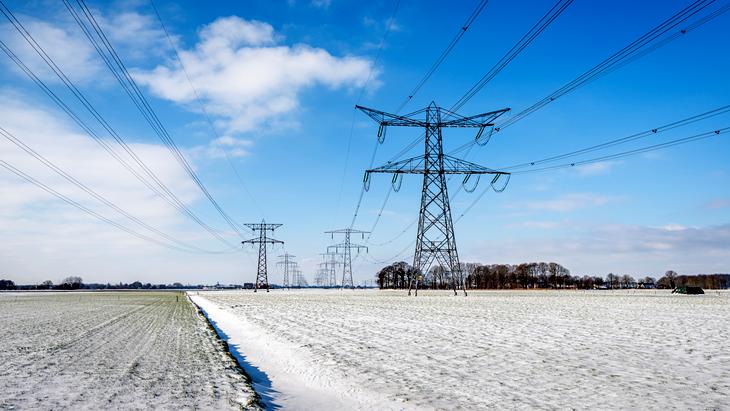Europe’s power system weathered a turbulent winter with the help of reduced demand combined with record renewable generation. A coal ‘comeback’ never materialised, as EU coal power fell compared to last Winter, a new Ember study reveals.
”As Europe headed towards the end of 2022, the ongoing gas crisis combined with low nuclear and hydro output led to concerns about how countries would keep the lights on over winter. Now, looking back over the last six months, it is clear that Europe’s power system successfully rode out the storm,” the study shows.
Authors concluded that majority of member states reduced peak power demand by 5% or more over winter, as mandated by emergency EU legislation.
”Reductions in power demand across the EU this winter avoided €12 bn in electricity costs. Also, with 40% share, renewables generated more EU electricity than fossil fuels in winter for the first time.”
Electricity worth €12bn saved across the EU over winter
Nearly every member state reduced electricity demand over winter, although only a handful achieved the voluntary 10% reduction target set by emergency EU legislation. Total EU electricity demand was down 6% on the five-year average, saving €12 bn worth of electricity over winter (November-March). These demand reductions contributed to security of supply, saved gas for other uses, and prevented a return of coal generation.
Renewables generate more power than fossil fuels over winter for first time
As fossil fuel generation dropped 12% year-on-year due to a large drop in power demand, renewables increased to overtake the share of fossil fuels in the EU electricity mix for the first time. Renewables accounted for 40% of EU generation between October and March, with fossil fuels at 37%. Coalpower fell by 11% (-27 TWh) and gas by 13% (-38 TWh) compared to theprevious winter.
Coal power fell in 15 out of 18 EUcoal countries over winter
Of the 18 countries in the EU that continue to use coal for power, 15 reduced coal generation over winter 2022 compared to the same period the previous year. The only three to increase coal generation were Italy, Finland and Hungary. ‘Returning’ coal units ran only at an average of 27% of their full capacity over winter.
17 EU Member States reduced peak demand by 5% or more
Emergency EU legislation in October 2022 introduced a mandatory target to reduce power consumption by 5% during peak hours. Analysis of hourly data from this winter and the previous five winters reveals that the majority of member states achieved this. These actions almost certainly lowered system adequacy risks, reduced gas consumption and limited the occurrence of even more extreme price spikes.

